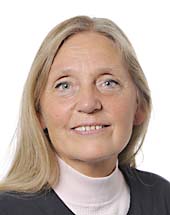
Choisissez la langue de votre document :
- bg - български
- es - español
- cs - čeština
- da - dansk
- de - Deutsch
- et - eesti keel
- el - ελληνικά
- en - English
- fr - français
- ga - Gaeilge
- hr - hrvatski
- it - italiano
- lv - latviešu valoda
- lt - lietuvių kalba
- hu - magyar
- mt - Malti
- nl - Nederlands
- pl - polski
- pt - português
- ro - română
- sk - slovenčina
- sl - slovenščina
- fi - suomi
- sv - svenska
|
| Procedure : 2011/2646(RSP) |
| Kies een document : | ||||||
Ingediende teksten : O-000216/2011 (B7-0639/2011) | Debatten : PV 15/11/2011 - 13CRE 15/11/2011 - 13 | Stemmingen : | Aangenomen teksten : | |||
| Volledig verslag van de vergaderingen | |
| Dinsdag 15 november 2011 - Straatsburg | Herziene uitgave |
|
| Juridische mededeling - Privacybeleid |










































